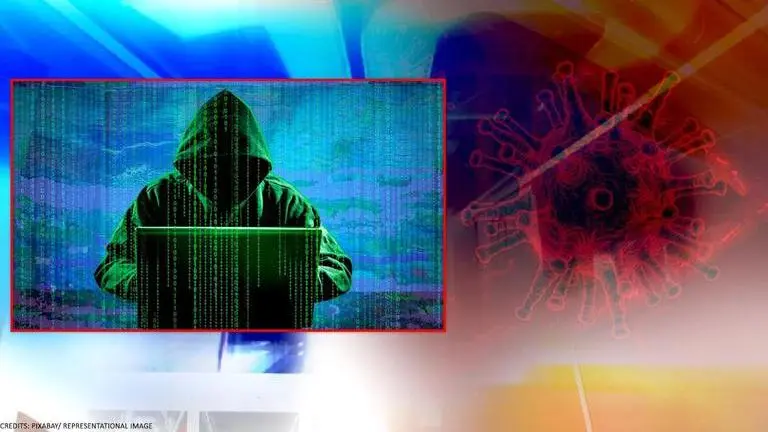Updated 13 October 2020 at 19:54 IST
ASEAN-India summit: MEA stresses on importance of cybersecurity amid COVID related frauds
The second edition of ASEAN-India Track 1.5 Dialogue on Cyber Issues focussed on cybersecurity on the backdrop of coronavirus related frauds.
- World News
- 2 min read

The second edition of ASEAN-India Track 1.5 Dialogue on Cyber Issues focussed on cybersecurity on the backdrop of coronavirus related frauds. The virtual summit was organised by Observer Research Foundation (ORF) in partnership with the Ministry of External Affairs. Addressing the inaugural session, Vijay Thakur Singh, Secretary (East) in MEA, said that the COVID-19 pandemic has accelerated the 'digitisation' and ‘cyberisation’ of engagements as Work from Home has become a new norm.
“Dependence on virtual platforms has risen steeply. There is a greater dependence on digital payment platforms due to reduced cash handling. Greater data sharing is happening online. Presence on social media has also increased,” Singh told the summit.
The Indian diplomat highlighted the key role of digital technologies in keeping the supply chains open for an accelerated and sustainable economic recovery in the region. He said that the increasing dependence on digital technologies calls for measures to secure the cyber domain from malicious actors. Citing an INTERPOL assessment report of the COVID-19 cybercrime impact on Asia and the South Pacific region, Singh said that major cybersecurity trends include COVID-19 related frauds, phishing campaigns and online sale of fake medical supplies and PPEs.
“INTERPOL warns that the cybercriminals are taking advantage of the economic downturn and people's anxiety and have enhanced their social engineering tactics by using COVID-19 as the basis for their attacks,” Singh added.
Advertisement
Infodemic impacting COVID-19 response
The senior official further warned about the scourge of "fake news”, "wrong information” and in some cases "targeted disinformation”. Singh said that the ‘infodemic’ of information has interfered with their abilities to craft proper public health and economic responses to the COVID-19 crisis. He mentioned that radical elements are using social media platforms to disseminate misinformation through hate speech, fake news and doctored videos.
“In closing, I hope that the technical sessions that follow this inaugural event will facilitate an active exchange of ideas and experiences,” said Singh in his concluding remarks.
Advertisement
Published By : Kunal Gaurav
Published On: 13 October 2020 at 19:55 IST
